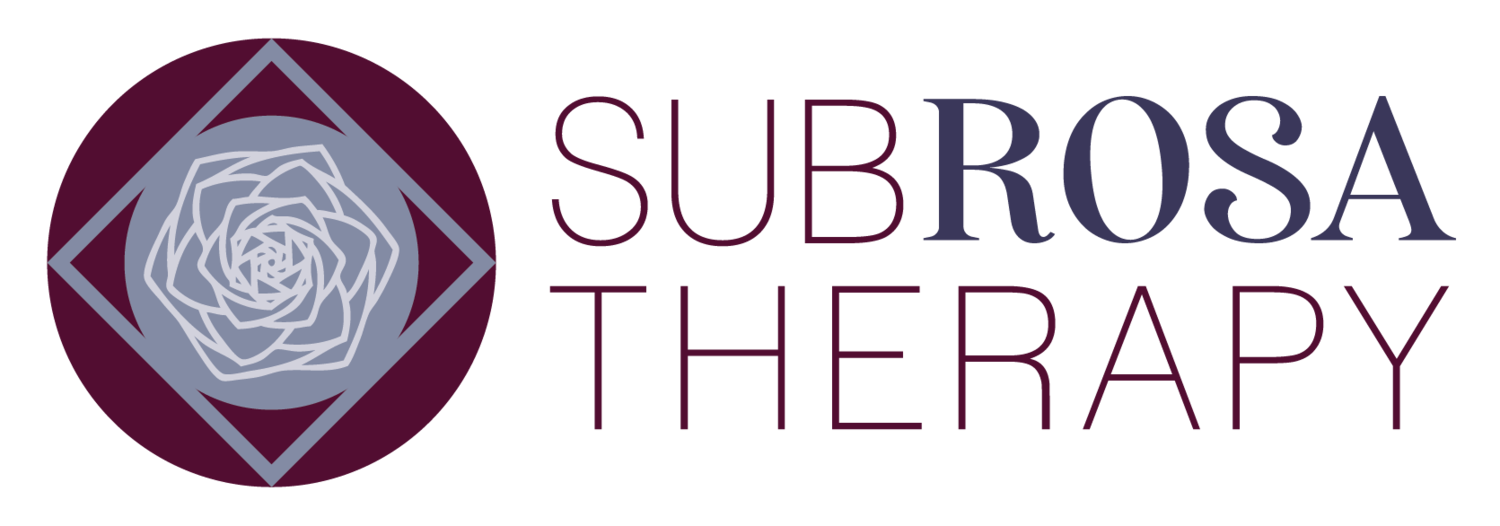
Postpartum Depression Therapy
You are not alone. And you are not failing.
At Sub Rosa Therapy, we understand that the transition into motherhood—whether for the first time or the fifth—can be joyful, disorienting, and deeply challenging. Despite the images of blissful motherhood so often portrayed, many women experience anxiety, grief, rage, numbness, or a profound sense of disconnection.
This is not a personal failure. It's a human response to a major life shift.
Whether you’re currently pregnant, newly postpartum, or months (or years) past birth and still feeling the impact—this space is for you. Healing is possible. You are worthy of support.
What You Can Expect
A safe, confidential space to speak freely about your experience—without judgment or advice-giving
Deep listening, validation, and practical tools to help you reconnect with yourself
Support for rebalancing your nervous system and reclaiming joy, rest, and worthiness
Referrals and care coordination with medical providers, lactation consultants, doulas, or pelvic floor therapists as needed
We believe “mothers cannot give from a depleted source.” Your well-being is not a luxury—it is essential. Schedule a free consultation or reach out to learn more about our postpartum therapy services.
Postpartum Depression Therapy offerings are designed to meet you exactly where you are—with compassion, respect, and practical support rooted in feminist theory and somatic wisdom.
What Is Postpartum Depression?
Postpartum Depression (PPD) is more than the “baby blues.” Affecting up to 1 in 5 new mothers, PPD may show up as:
Overwhelm, sadness, or numbness
Anxiety or panic
Irritability, guilt, or shame
Sleep disruption or fatigue beyond exhaustion
Difficulty bonding with your baby
Thoughts of harm to yourself or your child (we can hold this without judgment)
PPD can begin anytime within the first year postpartum—and it often goes undiagnosed. You deserve a space to tell the truth about what you’re feeling without fear or shame.
This is not about interpreting your experience for you—but co-creating space where your own inner wisdom can emerge, take shape, and be witnessed.
Our Approach
We offer individual therapy, ketamine-assisted therapy (KAT) where clinically appropriate, and supportive integration of somatic and cognitive methods. Our therapeutic process for PPD draws from:
Somatic Experiencing (SE)
To support nervous system regulation and discharge the physiological effects of stress, trauma, and birth.
We hold a strong, empowering lens that names the cultural, medical, and systemic stressors mothers face. You’re not broken—your responses make sense in the context of a demanding and often unsupported season of life.
Feminist and Narrative Approaches
We explore the cultural narratives and internalized beliefs that shape your identity as a mother—helping you reconnect with your truth, challenge unrealistic expectations, and reclaim your voice.
Internal Family Systems (IFS)
To build inner compassion and coherence among parts of you that may feel in conflict—such as the part that wants space and the part that feels guilt.
